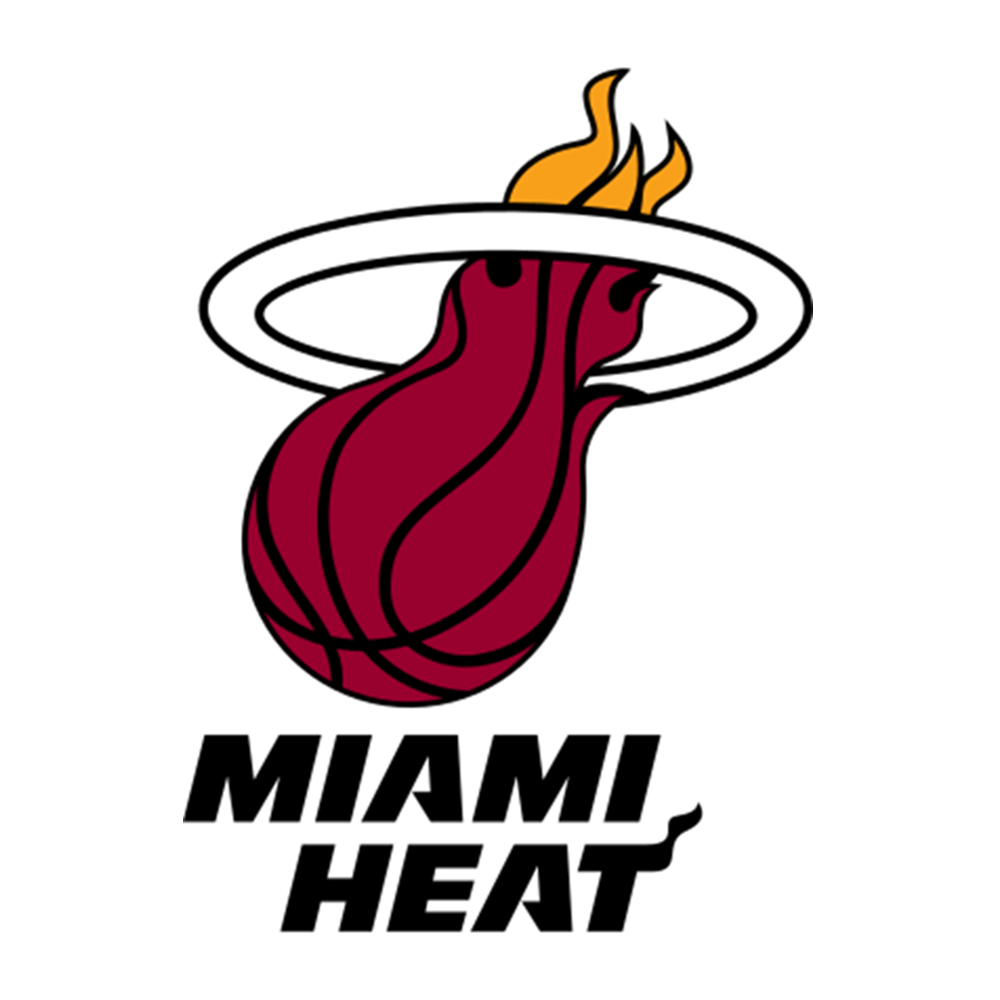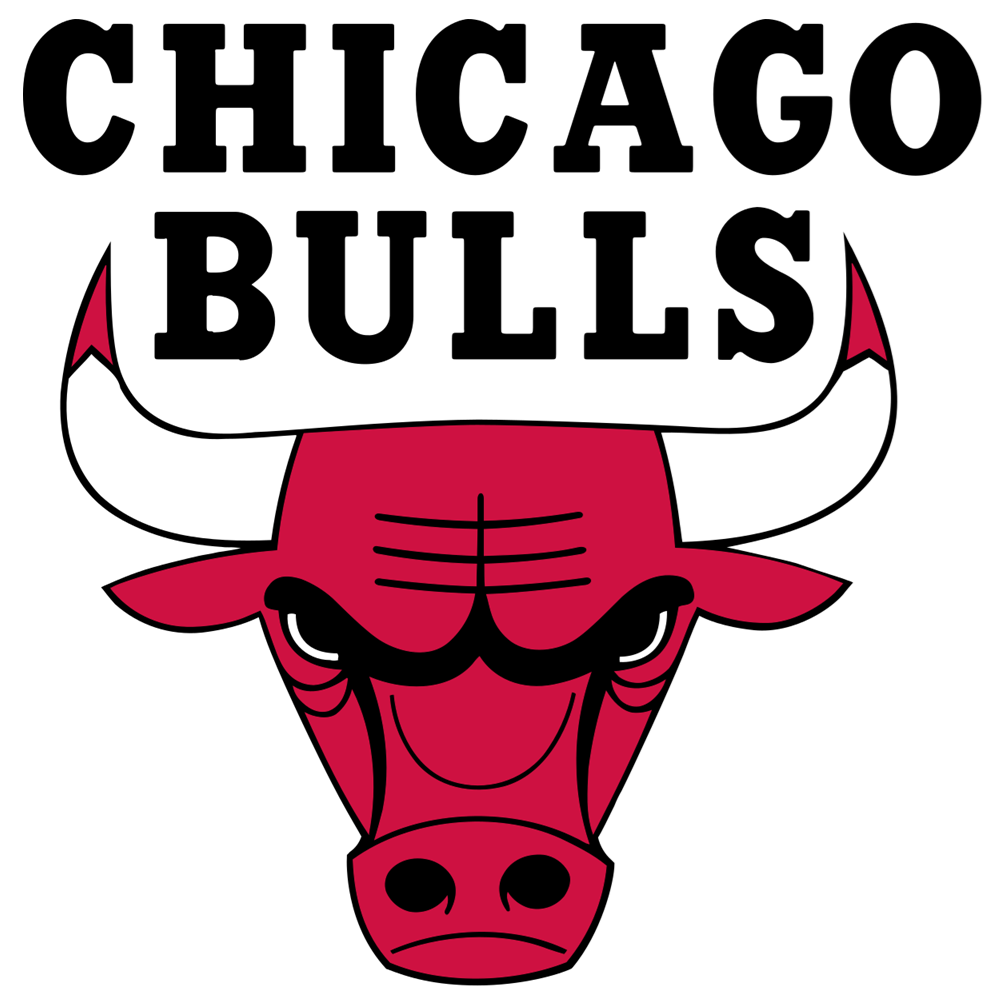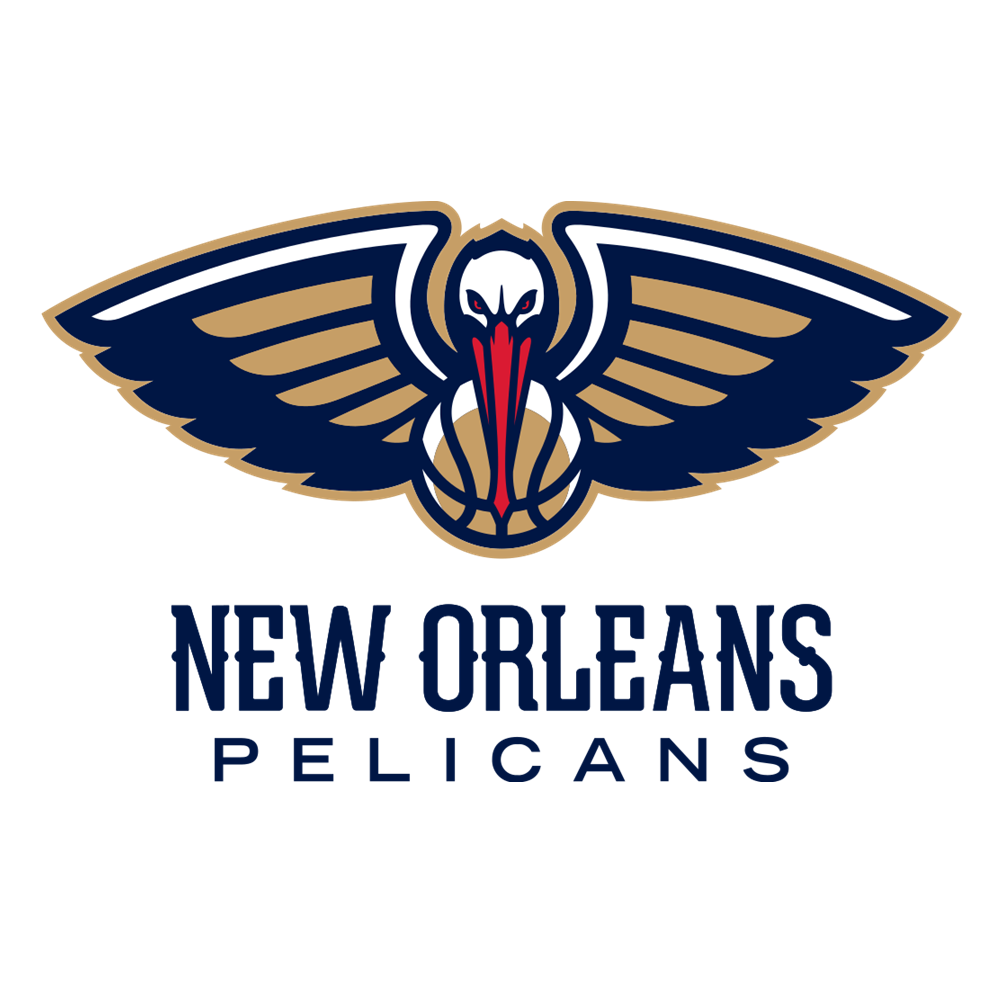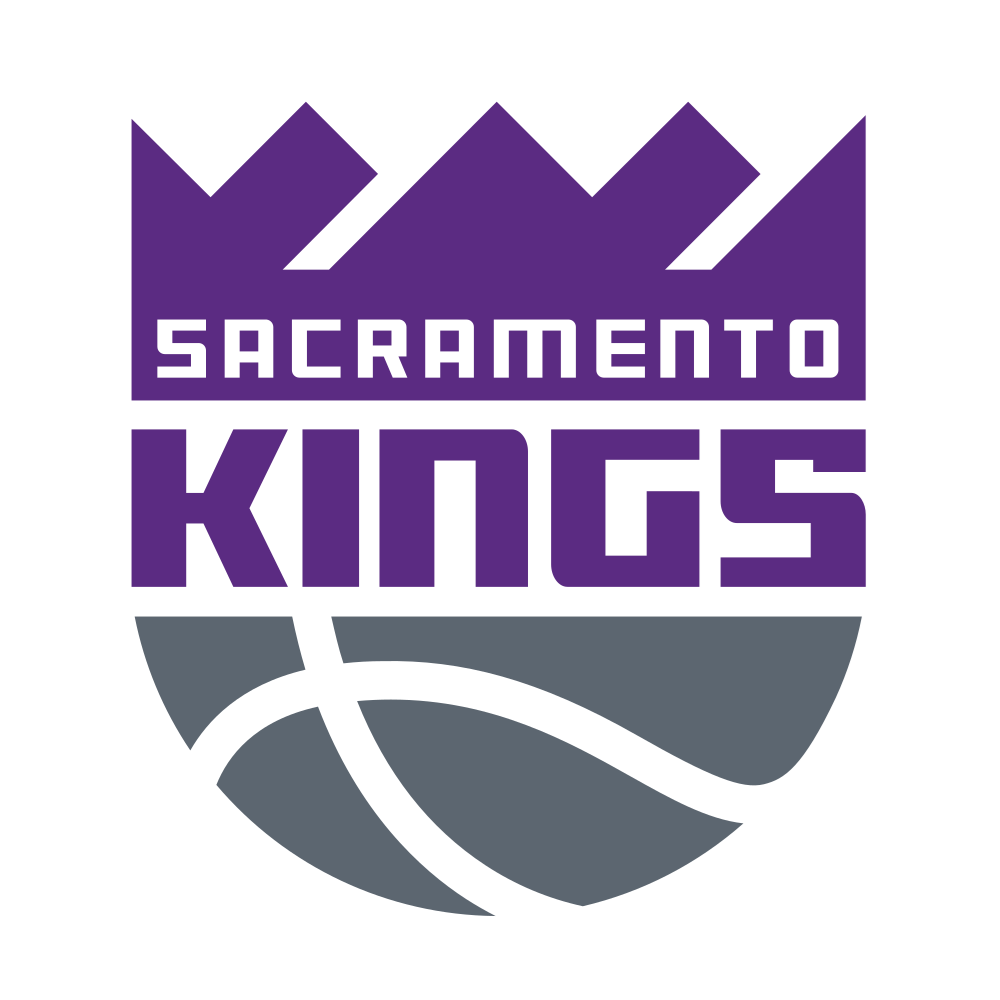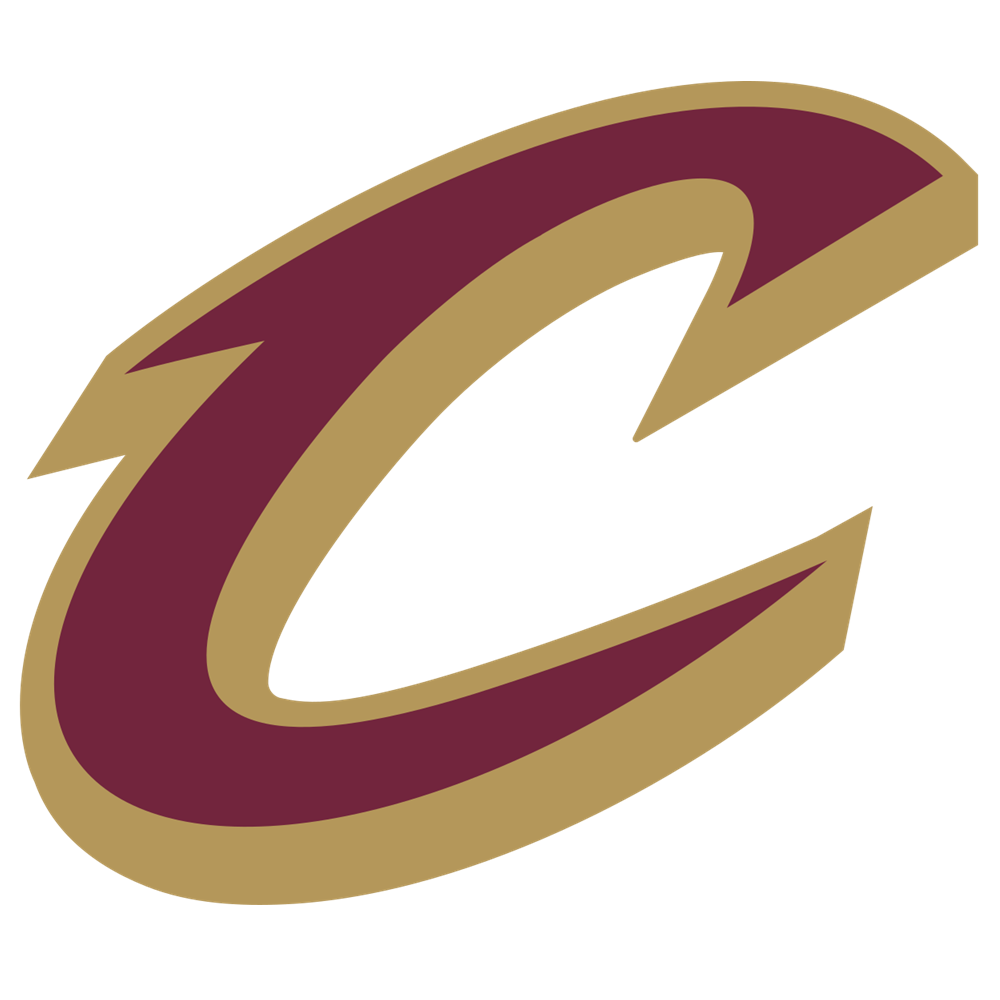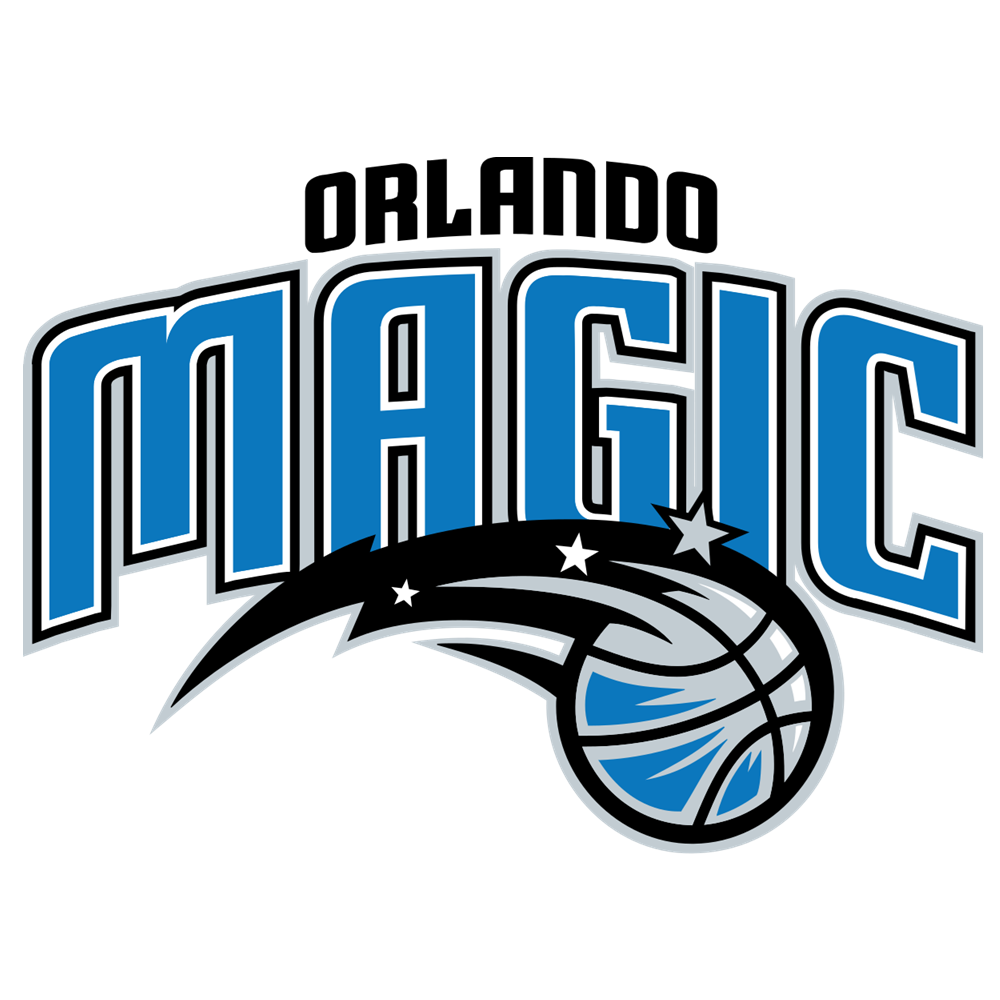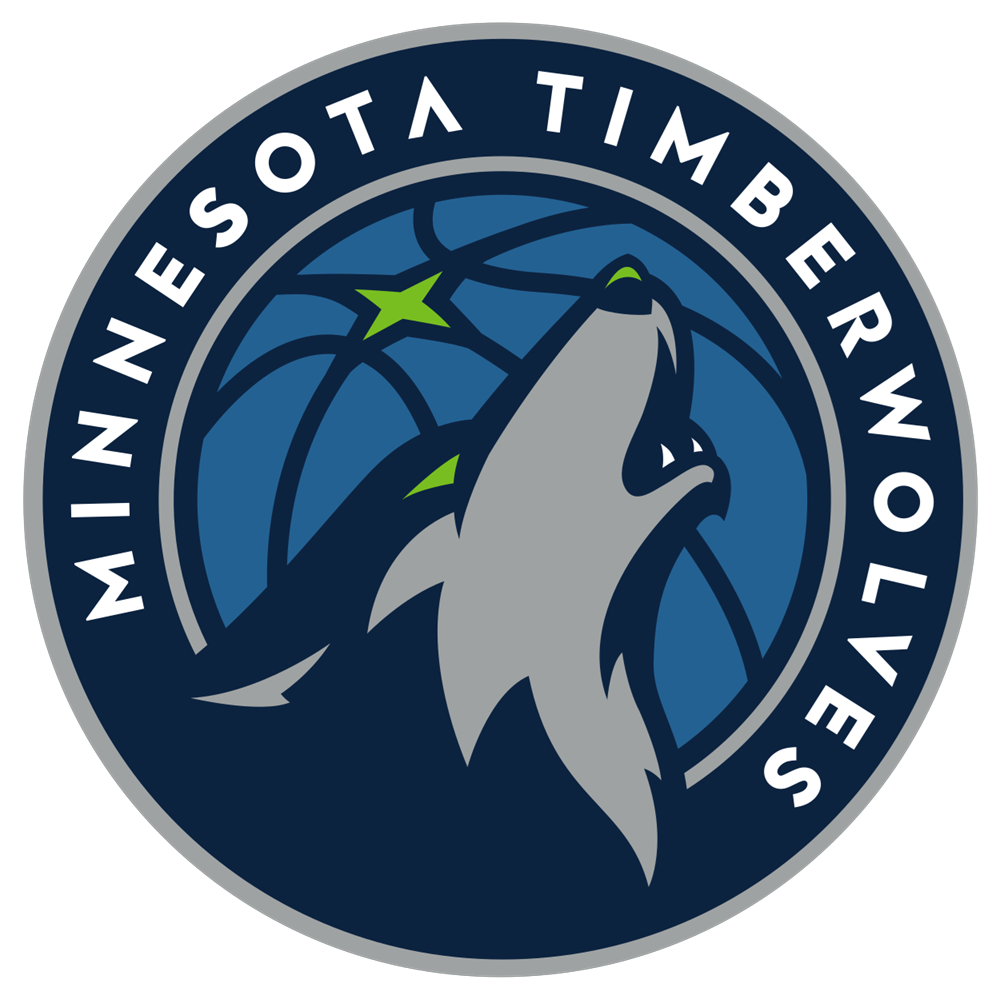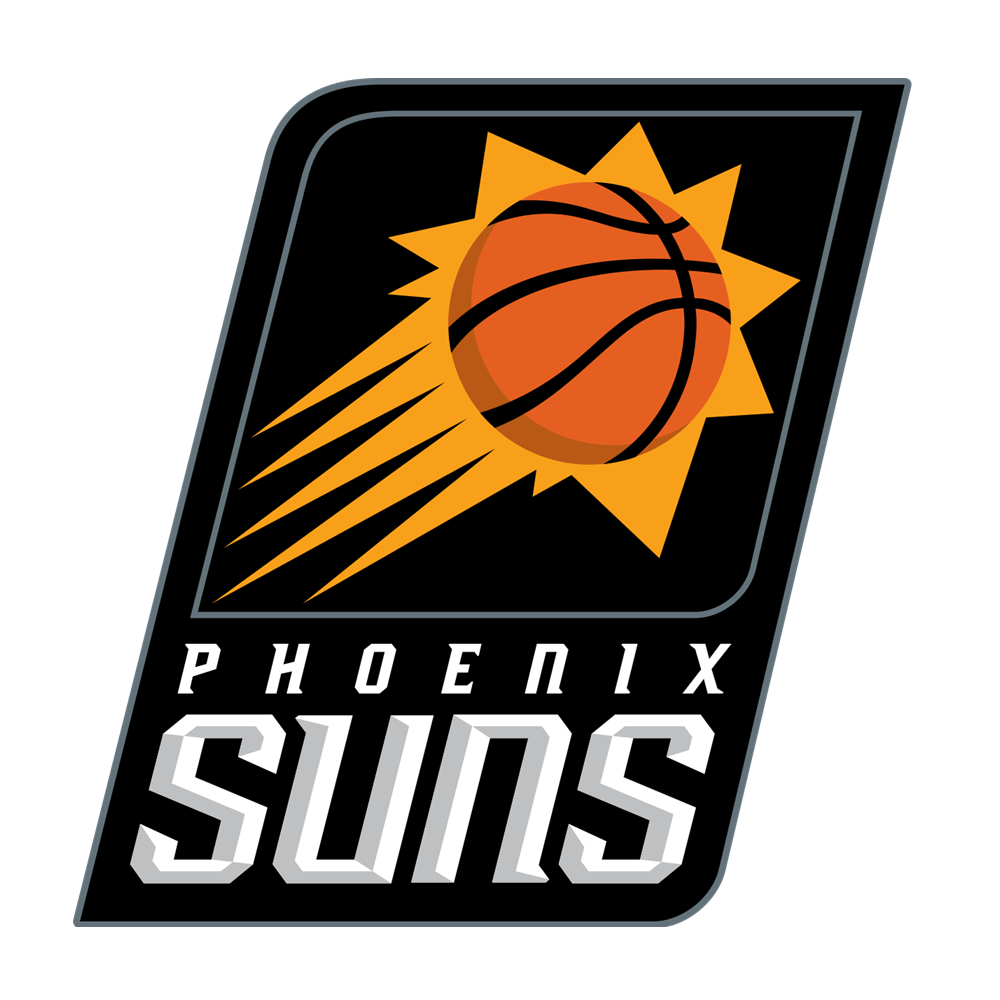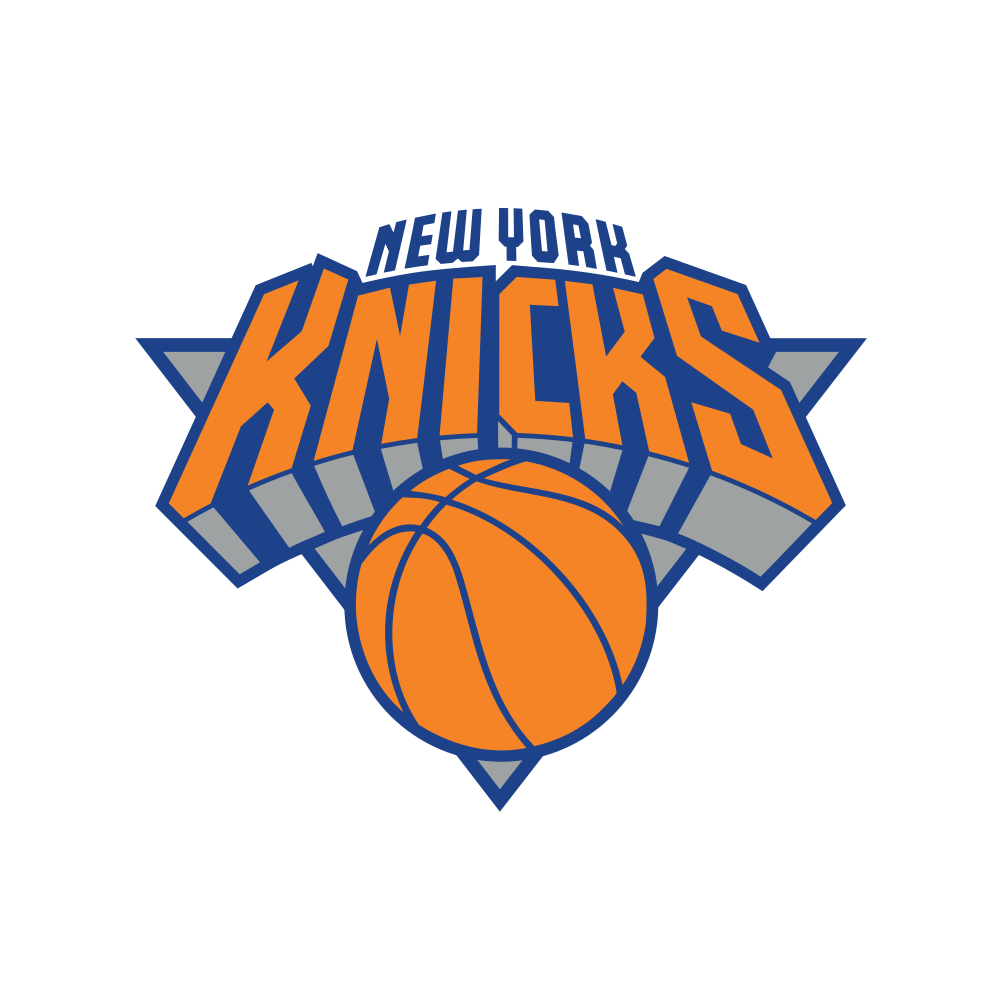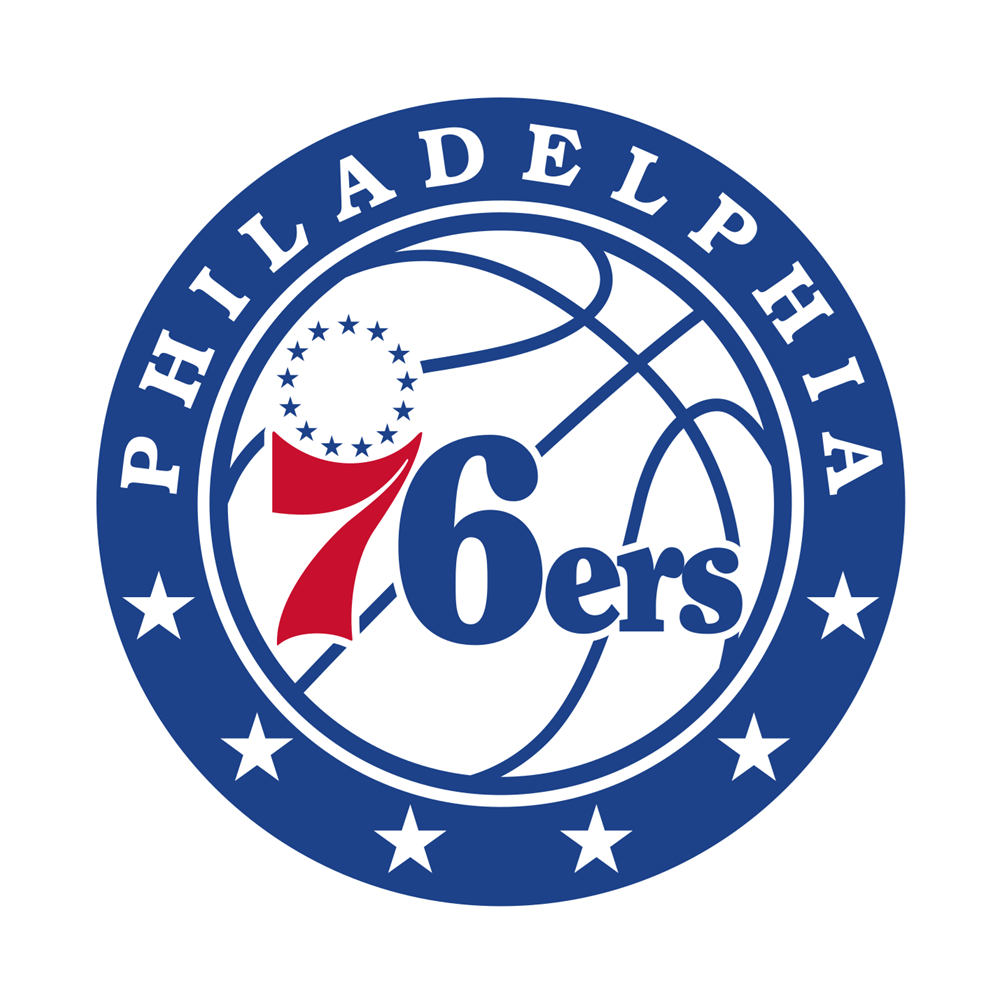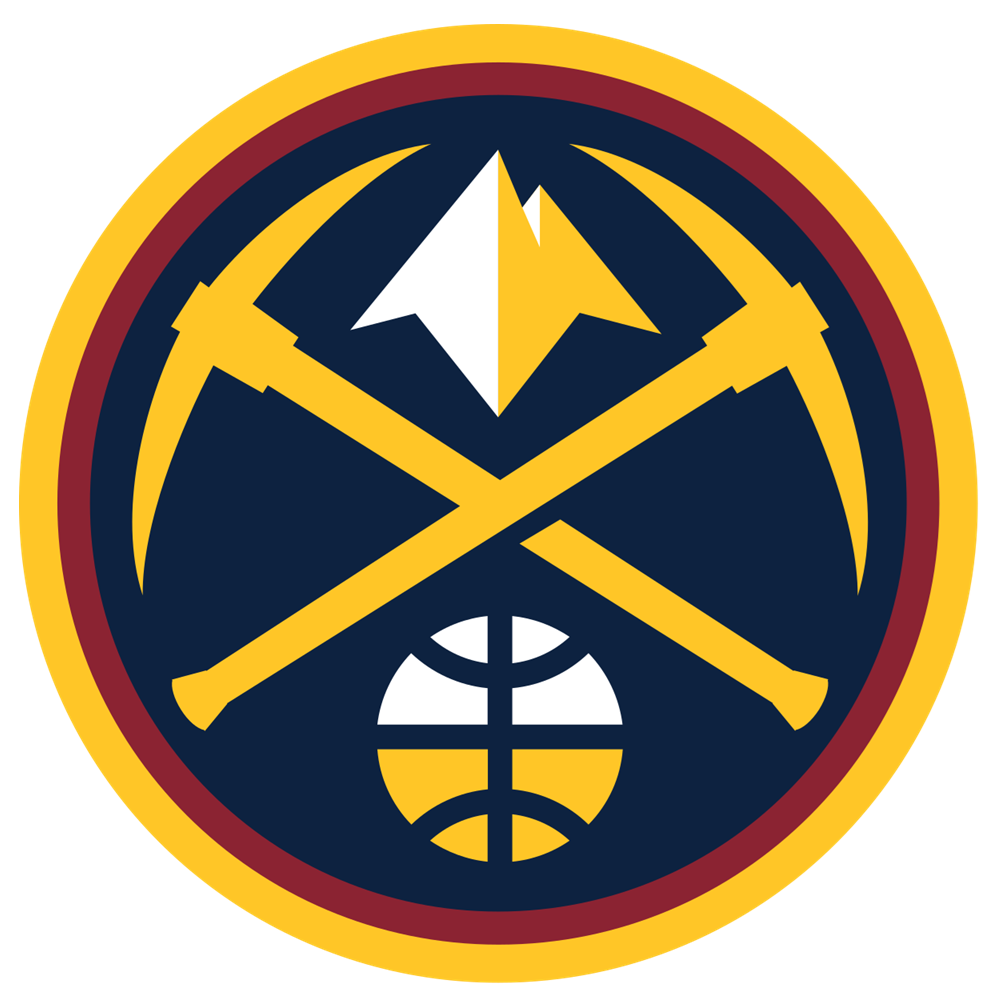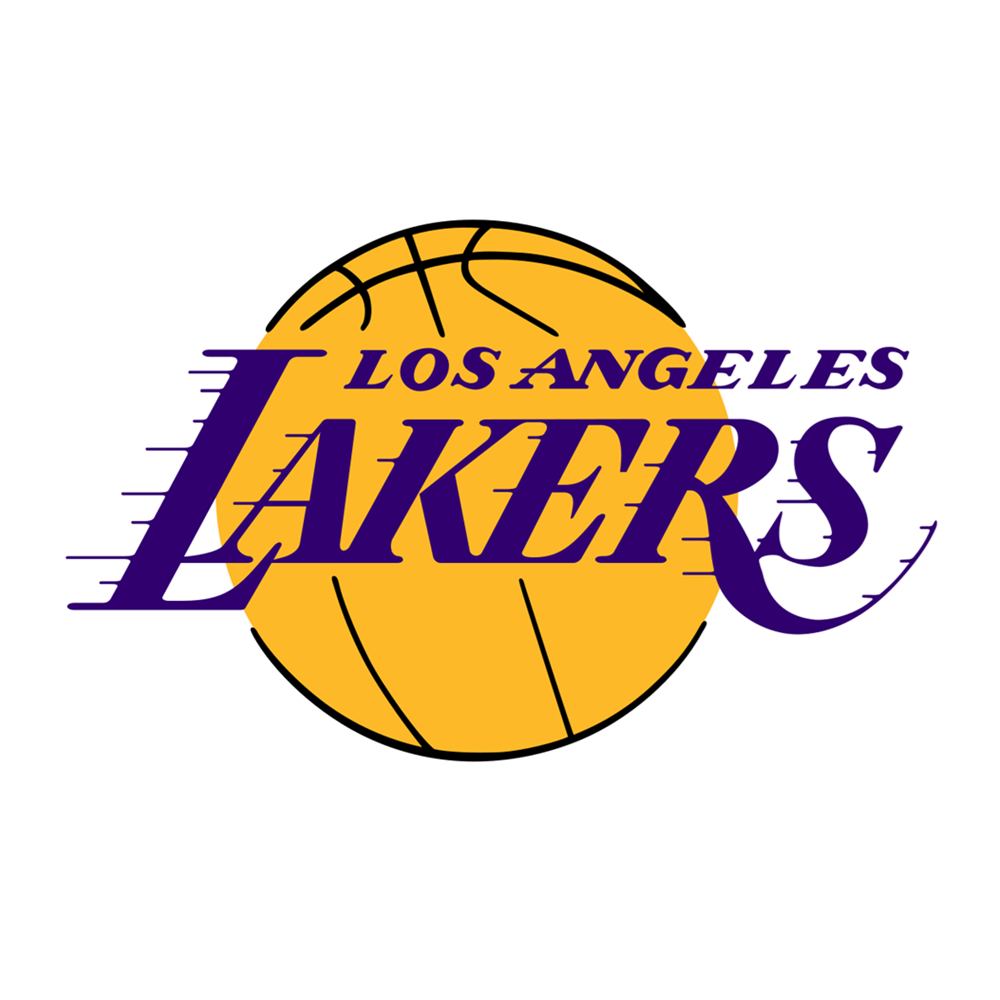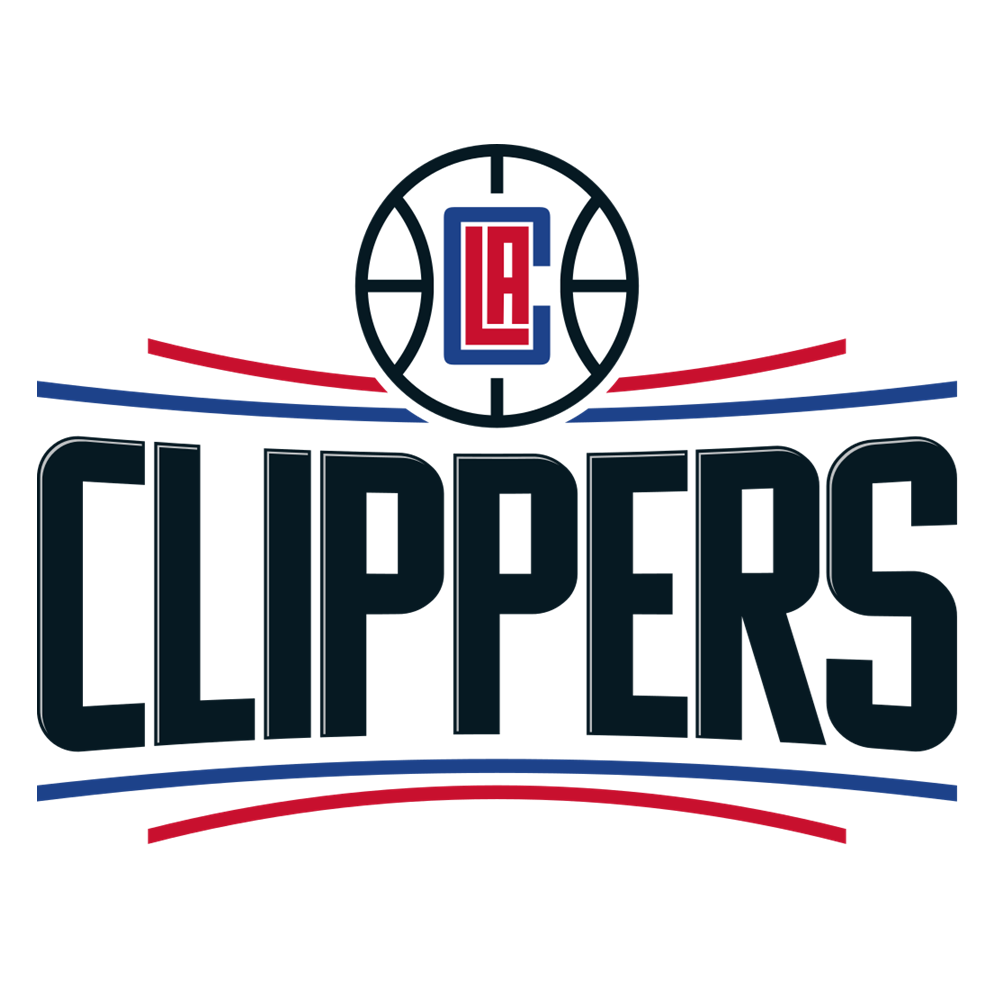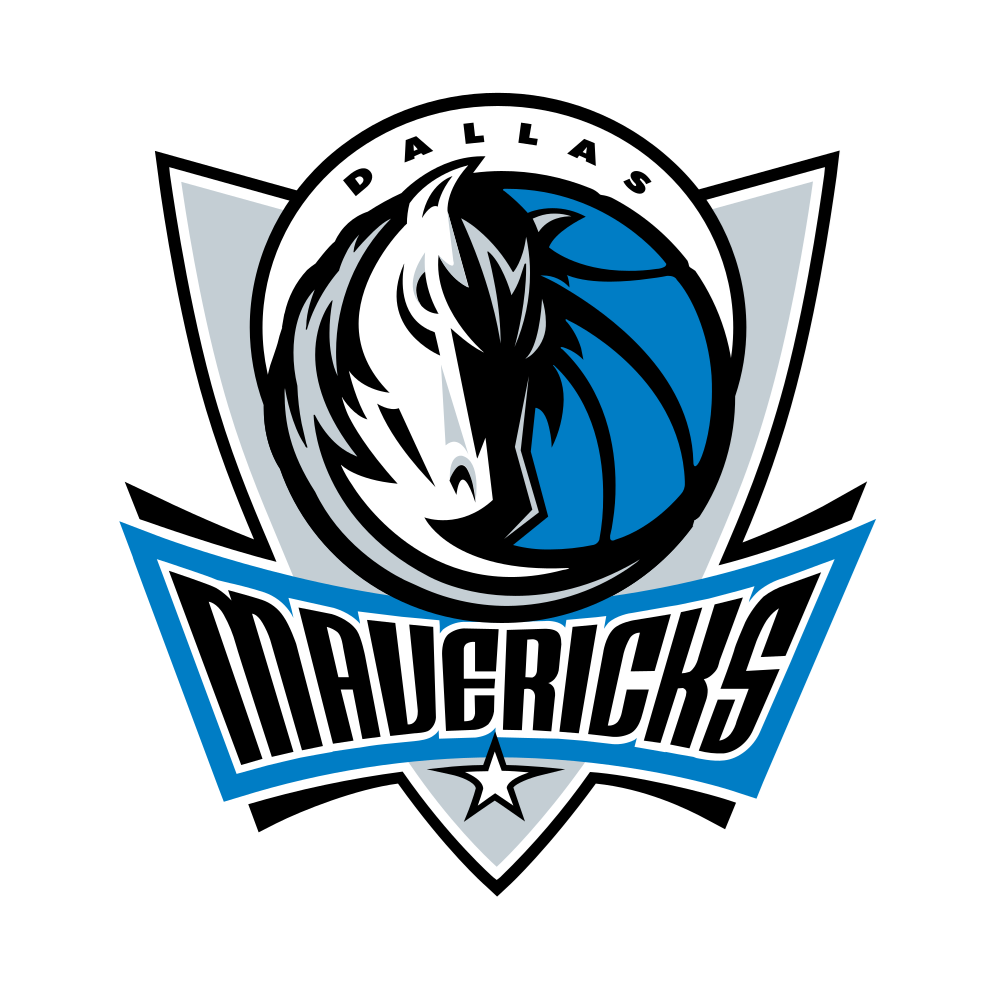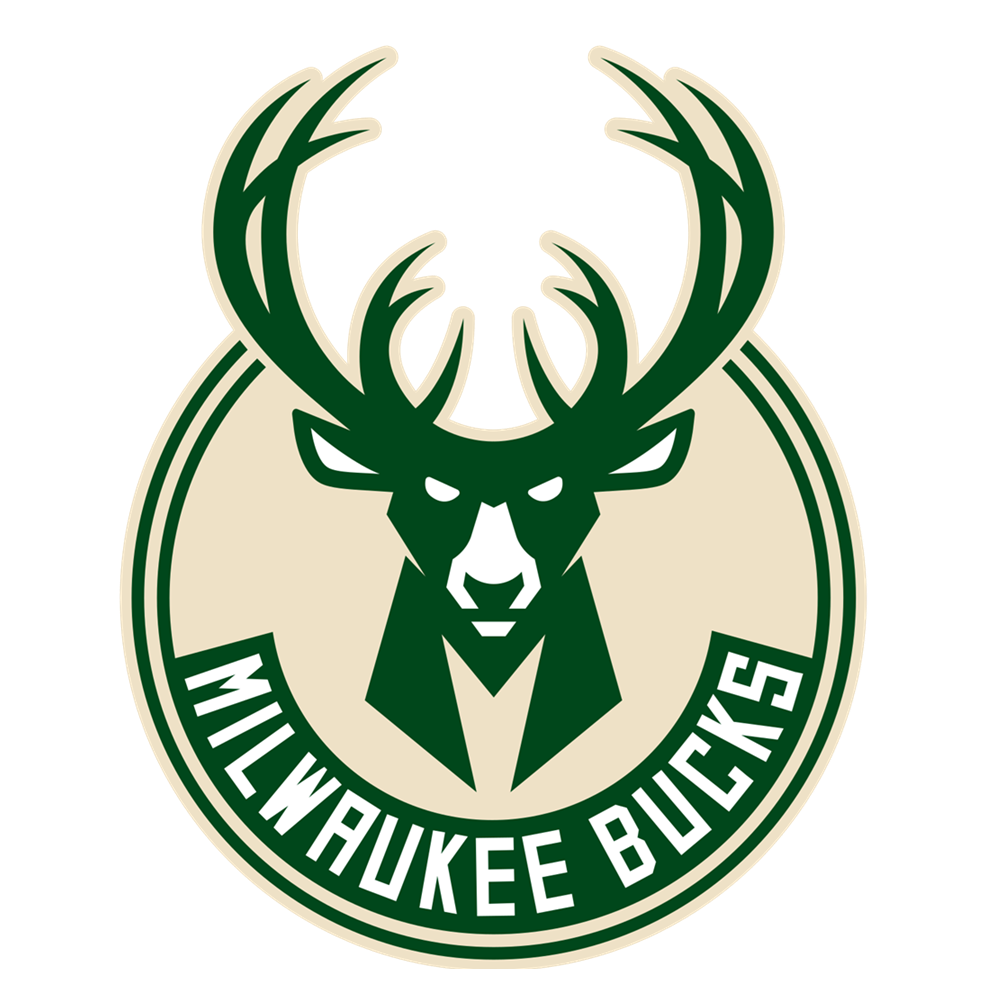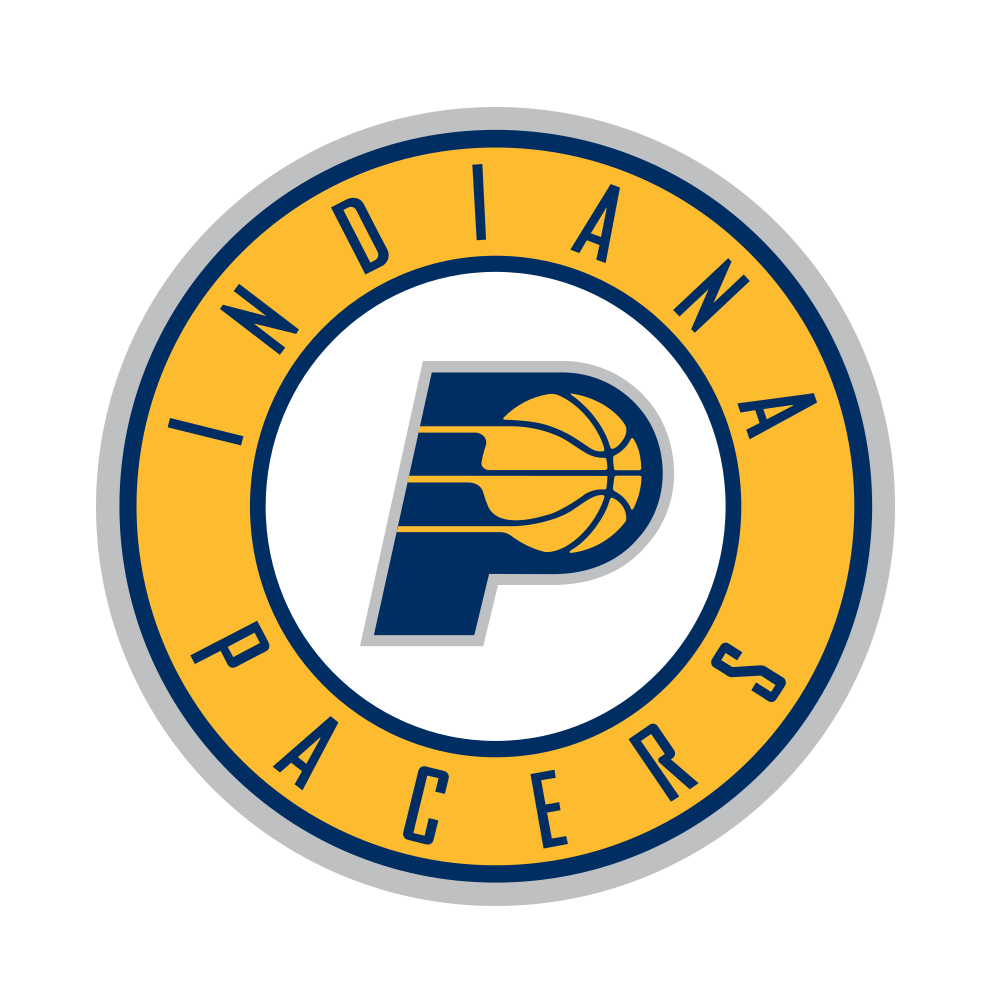So the NBA trade deadline has passed, and it turned out to be quite a busy one. Twelve trades were made in total - three by the furiously busy Cleveland Cavaliers - and with more trades made in the two weeks prior to tonight's final flurry, the volume of players moved was pretty high, all told.
There follows a round-up of some of the smaller deals that happened this week, and in particular tonight.
TRADE NUMBER ONE: New Orleans trades Dante Cunningham to Brooklyn in exchange for Rashad Vaughn
Vaughn was acquired by the Nets earlier this week along with a protected second round pick in a trade for Tyler Zeller, but his inclusion in the deal was purely financial. The Bucks targeted Zeller for some extra big man depth, and Vaughn was merely the financial instrument that made it happen. That is his role again here, too.
The Pelicans are trading Dante Cunningham for a few reasons, not least of which is the fact that he wants out. Recently requesting a trade after falling out of the rotation in recent times, Cunningham is somewhat redundant as a small forward with Darius Miller in the fold (and with Solomon Hill to return, eventually), and while he pairs quite well as a smaller power forward alongside superstar Anthony Davis at centre, the idea of playing Davis exclusively as a centre in this way (which he is currently doing) is a worrying one. Part of the reason for bringing in DeMarcus Cousins was precisely so that Davis would not have to do this.
In the absence of Cousins, the Pelicans sorely need big man depth, and big men as in large hulking post players rather than combo forwards. To do so means being able to hit up the waiver wire, as the buyout season begins now. And the near-$400,000 this move gets them further away from the luxury tax line to allow them to do this. To yield only financial savings for a player who has been in the team's rotation for
As for Brooklyn, they get a lite-version of DeMarre Carroll to back up DeMarre Carroll, and an improved version of Quincy Acy to compete with Quincy Acy. The cost is irrelevant to them, as no player involved in either deal is signed to any guaranteed money beyond this year; to them, Cunningham is a free rotation player, who may have some use for them going forwards if re-signed.
And as for Vaughn, it looks ever more likely he will have to fall out of the NBA and come back in again. Billed as a shooter, he simply has not shot well, and time is almost up on his rookie contract.
TRADE NUMBER TWO: New York trades Willy Hernangomez to Charlotte in exchange for 2020 and 2021 second-round picks
Despite him making the All-Rookie first team last season, the Knicks have barely used Willy Hernangomez at all this year. From 22 starts and 1,324 minutes in his rookie season, Hernangomez has plummeted to only 233 minutes played through the first two-thirds of this campaign, as he was stuck behind Kyle O'Quinn and Enes Kanter as the third-string centre.
To be sure, both O'Quinn and Kanter are good players. Kanter is an excellent scorer with poise, touch, IQ and aggression, and also a dominant rebounder who gets back what he gives up defensively and then some. O'Quinn, meanwhile, is a very well-rounded reserve who can pass, block, board and sometimes score. But neither are or will be the future, and both are also potentially free agents this summer.
If either was being played this much with a view to boosting their trade value, it backfired, as both remain with the team with Hernangomez instead being the one moved. The plus side here is that the Knicks escaped with a better trade package for Hernangomez than they might otherwise have had; New York had repeatedly called around the entire league offering Hernangomez for a first-round pick, and received only offers of individual second-round picks instead. Charlotte's offer of two seconds was the only such offer. Nevertheless, to trade Hernangomez at all is to give up on a prospect who had done nothing wrong except be imperfect, and play the same position as the "Best Guy We Could Get For Carmelo Anthony" acquisition that was Kanter.
In doing so, Charlotte buys low-ish on a legitimate prospect. Not unlike Kanter in some ways, Hernangomez is a very fluid, smooth and skilled offensive player both around the basket and from mid-range, who can post, roll and has spot-up stretch potential down the road. With his soft hands, he also rebounds at an excellent rate, even if he cheats off of opponents defensively to do it.
Hernangomez's defence is legitimately poor in all facets, and will be a test of Charlotte's player development abilities. Nevertheless, Hernangomez's height and offensive skills are a rare combination much valued in today's skilled-big NBA. Their overall stagnation and lack of direction notwithstanding, this is the kind of flyer Charlotte should be taking.
The Knicks, however, have taken a bit of a gamble. They have reduced the value of one of their better young pieces in deferrence to possibly transient vets, sold lower than they wanted to on him, and in doing so have traded their best friend of their already-unsettled superstar. If Charlotte goes the rebuilding mode that is probably already overdue, New York could get two valuable picks in the 30s for their troubles. But it needs to be worth it.
TRADE NUMBER THREE: Toronto trades Bruno Caboclo to Sacramento in exchange for Malachi Richardson
Into the fourth year of his NBA career, Bruno Caboclo has still played only 25 NBA games. This would be less alarming had he not also been assigned to the Raptors 905 of the D-League/G-League a whopping 62 times in that span.
When Caboclo was drafted, Fran Fraschilla famously declared that he was "two years away from being two years away". That time frame is now expired, and yet Caboclo is nowhere close to being an impactful NBA player. He has instead been down in the minors once again, a sometime highlight-reel defensive player stuck with the same underdeveloped handle, shot, nuance and IQ as ever. There have been small improvements over the years, but not nearly enough of them.
Players drafted after Bruno Caboclo back in 2014 include the aforementioned Rodney Hood, Clint Capela and Nikola Jokic. Indeed, the Raptors actually passed on Jokic (the 41st pick) twice, as they also took DeAndre Daniels at #37. Daniels had his NBA draft rights renounced before ever signing an NBA contract; so too did Xavier Thames, who the Raptors picked at #59 and immediately traded. Weirdly, then, Bruno was still their most successful pick of the 2014 Draft.
And yet, it is over. Caboclo is today here traded, and traded solely as an expiring contract. Whether they waive Caboclo immediately or not, the Kings valued him as a financial instrument, not as a player. The Kings have been looking for some weeks for expiring contracts in exchange for both Richardson and Georgios Papagiannis (for whom no expiring contract was found and who was waived after the deadline passed, despite being only a year and a half into his NBA career). They clearly did not see enough in Richardson.
To be sure, Richardson has not the ideal level of athleticism for an NBA wing. He has also had injuries to deal with, which haven't helped. And when he has taken the court, he has looked pretty poor, a career .477 true shooting percentage on a low volume of shots while also not making a mark defensively. Sacramento felt they needed the roster spot more than the player (especially given that they needed an open roster spot to complete their three-way trade with the Cleveland Cavaliers and Utah Jazz for Iman Shumpert and Joe Johnson), and so essentially completely dumped Richardson, despite him too being only a year and a half into his NBA career.
The Raptors thus get a reclamation project in Malachi, and, having essentially wasted a roster spot for four seasons on Cabacolo, they cannot pretend they do not have the room. Richardson's guarantee deal for next year is not insignificant for a team with luxury tax concerns; however, it is for a mere fraction more on the cap than the veteran's minimum salary would be, and thus very accommodatable.
Perhaps Richardson will play better in a more structured team offence. Or perhaps he isn't NBA calibre either. Either way, Bruno is gone. Charge your glasses.
TRADE NUMBER FOUR: Miami trades Okaro White to Atlanta in exchange for Luke Babbitt
TRADE NUMBER FIVE: Washington trades Sheldon Mac to Atlanta in exchange for a future top-55 protected second round pick
In the most inconsequential moves of the day, the Atlanta Hawks used their current financial flexibility to open up a small payday loan company.
Unable and/or unwilling to trade any of the veteran trio of Dewayne Dedmon, Ersan Ilyasova and Marco Belinelli for any kind of returning asset - which was a surprising development particularly in the case of Belinelli, who had not been with the team as they had told him not to be, anticipating a trade being made - the Hawks instead made only these two unfathomably minor moves. Both players they traded for are injured and will never play for the Hawks. And that, indeed, was the point.
Firstly, they traded the reasonably useful not-really-suited-for-either-forward-position sweet-shooting Luke Babbitt to the Heat in exchange for White, a more athletic not-really-suited-for-either-forward-position with a more diverse skill set but no one plus NBA skill, and who is currently out with a broken foot. Miami did this deal because they got a slightly more useful player, one who can fulfil the bit-part shooting role better and who doesn't have a broken foot. Atlanta did this because they got a slightly cheaper one - it will cost them approximately $65,000 less to have White not play for them than it would for Babbitt to do the same.
Secondly, Atlanta then immediately waived White and used the same roster spot to trade a heavily protected second-round pick (that will never convey and was included only to satisfy the "all parties to a trade must trade something" rule) to the Wizards in exchange for Sheldon Mac and cash. Even more injured than White - he tore his Achilles in preseason, the same injury that just floored DeMarcus Cousins - Mac is out for the season.
The cash sent will pay for Atlanta to waive him, as well as a little extra on top as sweetener. Washington, meanwhile, significantly lessens their tax bill, for the cost only of an unused player and much less cash than they were otherwise paying in tax. There will still be a tax bill for the Wizards, but it just got about $2.1 million cheaper.
TRADE NUMBER SIX: Portland Trail Blazers trade Noah Vonleh and cash to the Chicago Bulls in exchange for the draft rights to Milovan Rakovic (#60, 2007)
The most immediate thing to know here is that Rakovic is a 32 year old 6'10 centre currently playing in Switzerland, and the Swiss basketball league is not one of any stature. There was a time that Rakovic was a good player in the better European leagues, but that time was a few years and a few injuries ago. Rakovic never made it as a top player in the Euroleague, let alone the NBA, and was a long-shot flyer who never got to the required skill level to be relevant at the NBA level, especially considering his slightly undersized and certainly under-athletic body type for an NBA post.
With this in mind, it is obvious that Chicago gave up nothing of note for Vonleh. The NBA requires teams to always give up something in a trade, even if it is something trivial, and so the outstanding second-round draft rights of a player who will never join the NBA is ideal for purpose here. (Teams do not have to do anything of substance to keep second-round draft picks in perpetuity - the player just needs to never sign with them, and keep playing professionally in leagues other than the NBA. Since Rakovic has always done that, his draft rights remain intact. Chicago only had them because they too once received them as an obligatory inclusion in a different deal.)
If Chicago gave up nothing for a player, it stands to reason that that player is not much of a player. And certainly, Noah Vonleh has struggled as a pro. There have been flashes of rebounding dominance and offensive capability from him over the years, including at the start of the season, as he averaged 5.3 points and 7.9 rebounds in 15 November games with a +18 net rating. But it never lasts with Vonleh, who runs awkwardly, struggles to defend the perimeter, has few moves in the post, handles little and has yet lived up to the stretch-big potential that got him such a lofty draft billing. Chicago has the opportunity to try and find a niche and a rhythm for a player with some ability who has yet to find either, yet for Vonleh to have been receiving so many Did Not Play - Coach's Decisions down the stretch of the final year of his contract is a measured of how little future Portland saw with him.
From the Blazers's point of view, despite being the worst offender of the lot in the egregious 2016 free agency overspend, they have somehow managed to get out from under the luxury tax this year. And between this deal and the move that saw Allen Crabbe dumped off to the Brooklyn Nets, they have somehow managed to do so without relinquishing any kind of team asset except for the depth offered up by Vonleh, who they were neither playing nor keeping anyway and who can be covered by a mixture of Meyers Leonard and Caleb Swanigan if needs be.
Their objectives, then, were both obvious and achieved. So too were those of Chicago. The Bulls get a free player. The Blazers get to dodge the luxury tax for only the cost of a player they weren't using anyway. Win win.
And that is the kind of salary cap finagling that a good trade deadline is built around. The occasional explosive deal, the occasional hurried deck-shuffling....and a whole bunch of fiddling.
See you next year.
